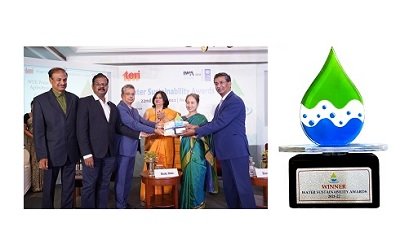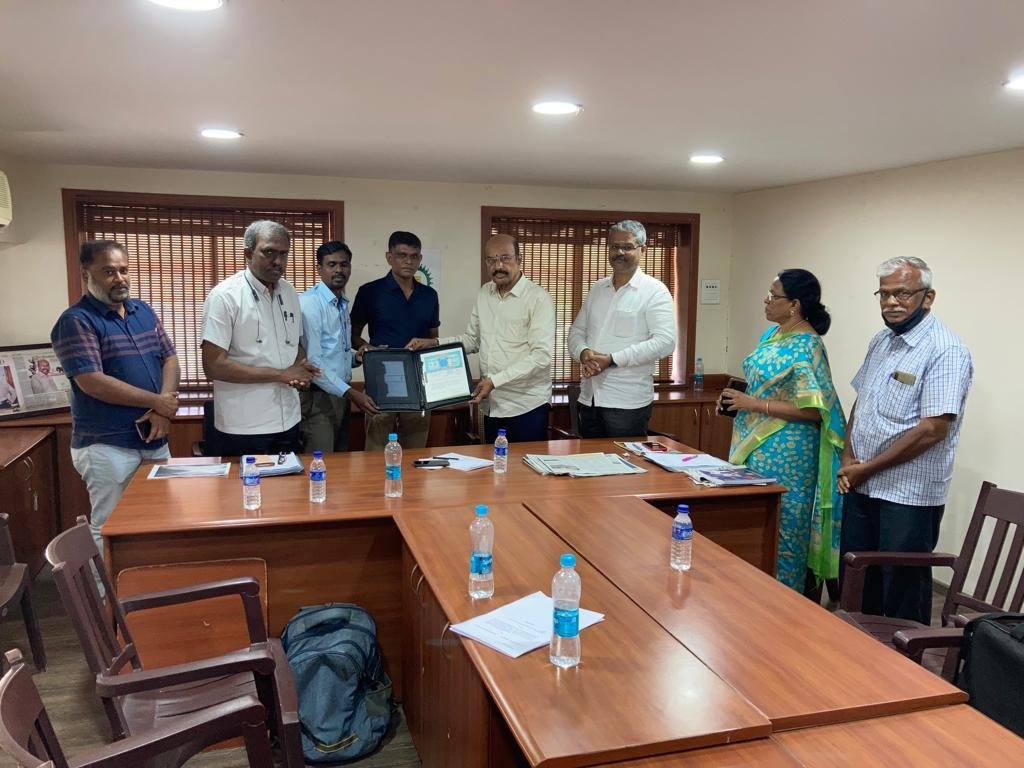ICAR-NRC for Banana transfers patented banana juice tech to Tamil Nadu Banana Producer Company
The technology transfer will add new products to the market
The ICAR-National Research Centre for Banana, Tiruchirapalli, Tamil Nadu licensed and transferred the Basil Seed Suspended Clarified Banana Juice to the Thottiyam Banana Producer Company – Member of Tamil Nadu Banana Growers Federation in Tiruchirapalli.
Dr S Uma, Director, ICAR-NRC for Banana, Tiruchirapalli stated that the technology transfer and converting the over ripe banana to juice will add new products to the market. She said that the banana is grown in 6,000 Ha area in Trichy District and approximately 1 Lakh Hectare in Tamil Nadu.
Dr P Suresh Kumar, Principal Scientist, one of the inventors of the Technologies, ICAR-NRC for Banana briefed that the market is flooded with artificially flavoured, Synthetic Chia Seed Suspended Juice having the traces of fruit juice with a lot of added sugar. He emphasised that this is the first of its kind that the bureau has come-up with the novel technology of using the traditional basil seeds to make Suspended Clarified Banana Juice.
G Ajeethan, MD, FPO said that the technology from the ICAR-NRC for Banana will be used for producing the new beverage from banana.
The institute has also developed more than 55 different technologies using the different parts of banana including minimally processed foods, low sugar bakery and confectionary foods and utilising the wastes like peel, stem, corm and male flower for functional foods for the benefit of the entrepreneurs, consumers, etc.
The technology transfer will add new products





